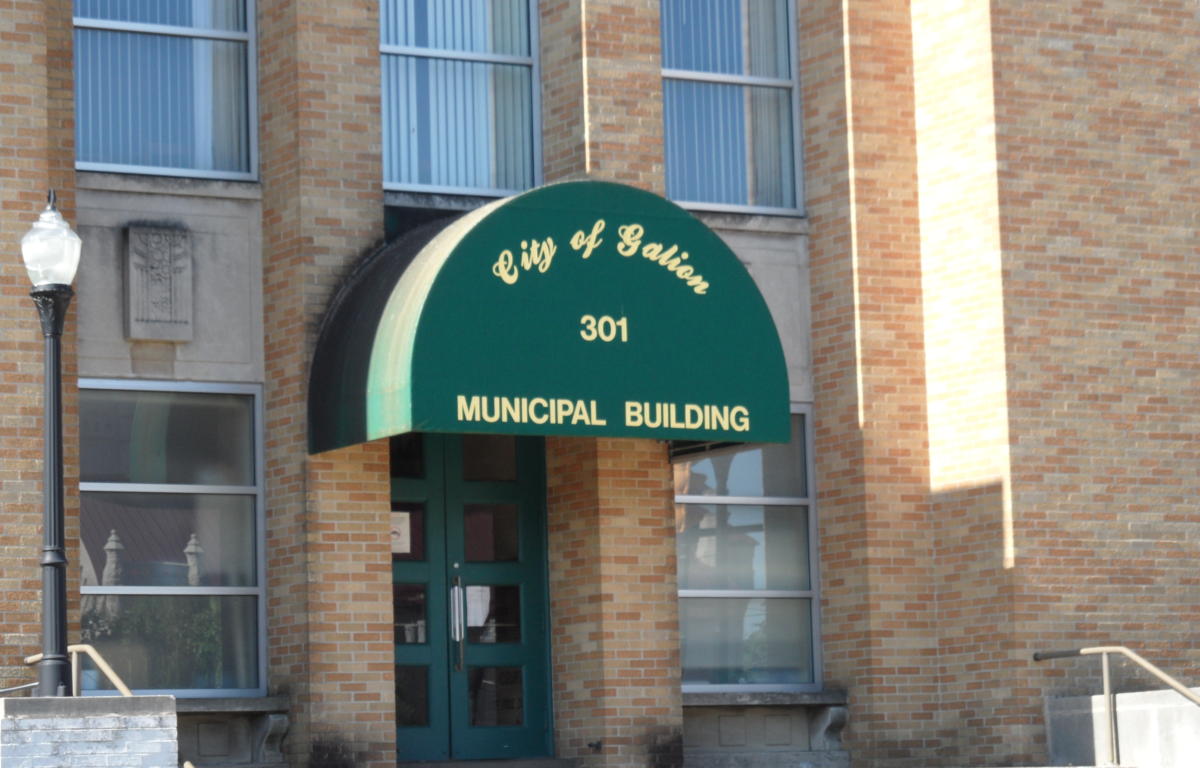By Andrew Walsh
awalsh@wbcowqel.com
An ordinance that has been a long time coming, and subject to much discussion and scrutiny, made its much anticipated debut before Galion City Council Tuesday night. The ordinance in question is the revision to the electric rates.
This ordinance, which passed on a first reading, was once again the subject of a great deal of discussion. Through the course of these exchanges the subject that kept coming up was one of job retention and encouraging new jobs. The reason for this is that the changes in this new rate schedule are aimed at becoming much more business friendly.
Joe Kleinknecht of the Chamber of Commerce was especially appreciative of the changes in this new legislation. He spoke of the most recent business retention survey and that “everyone complained” about the electric rates in town, saying they we’re as much as 10 to 15-percent higher than in surrounding communities. The new rate schedule will be much friendlier to industrial and high volume users.
This will come with a slight increase to the residential rate. The short story on that number is that it will rise from 8.45 cents per kilowatt hour to 10.75 cents per kilowatt hour. However, the changes in that number bear some explaining too.
The kilowatt hour price has remained virtually steady since 1988, when it was established at 7.45 cents. It was raised by one penny in 2005 when the city was in fiscal emergency. So the net raise since 1988 is only a little over three cents. In conjunction with that, Council is dropping the power cost adjustment rate which was more than two cents per hour.
There was another piece of legislation concerning the PCA at Tuesday’s meeting. Ordinance 2015-39, which is the revision to this policy, passed its third and final reading. This will make future calculations of the PCA more transparent and regular, but as of right now council lowered that to offset the raise in the base rate.
So what does all this mean for electric rates to private citizens? The average household uses about 700 kilowatt hours per month, and under the old system residents would pay about $82 per month and in the new calculations they will pay about $88 per month. This reflects a rise in the fixed electric cost of $5.50 to $10. The fixed rate pays for such things as having access to the line department for repair work and other such services.
Council President Carl Watt juxtaposed this rate increase with the rate decreases that happened to water and sewer at the beginning of the year. The goal then was to bring out these ordinances simultaneously, but with the amount of work that went into the electric rates that was not feasible. The decrease in water and sewer saved the average household about $8 per month. So the goal of making these two adjustments pretty much a wash seems to have been successful.
“This is something that I think will be a benefit to everyone concerned,” Councilman Mike Richart said.
During public comment Anita Crabtree raised the issue of high grass at vacant properties around town. Mayor Tom O’Leary and building department director Bob Johnson addressed this issue by stating that the city must work through its procedures. They have to give notice and issue letters and give the owners of these properties time to respond before they are allowed to react by mowing these negligent properties. That being said, Johnson added that they would be signing paperwork Wednesday with their contractors and work will commence very soon on getting these properties cleaned up.
This segued into the mayor’s report where O’Leary addressed an outbreak of scrap thievery that has been happening around Galion. He stated the intention of the city to increase its monitoring of these activities, and of the “marginally reputable” scrappers that are essentially serving as fences for drug money.
“We don’t want to get used to this kind of property theft,” O’Leary said.
The update on the proposed position of public information officer for the city was that there essentially is no update. Job description formulation is underway and should be ready for further discussion at the next regular meeting in two weeks’ time.


